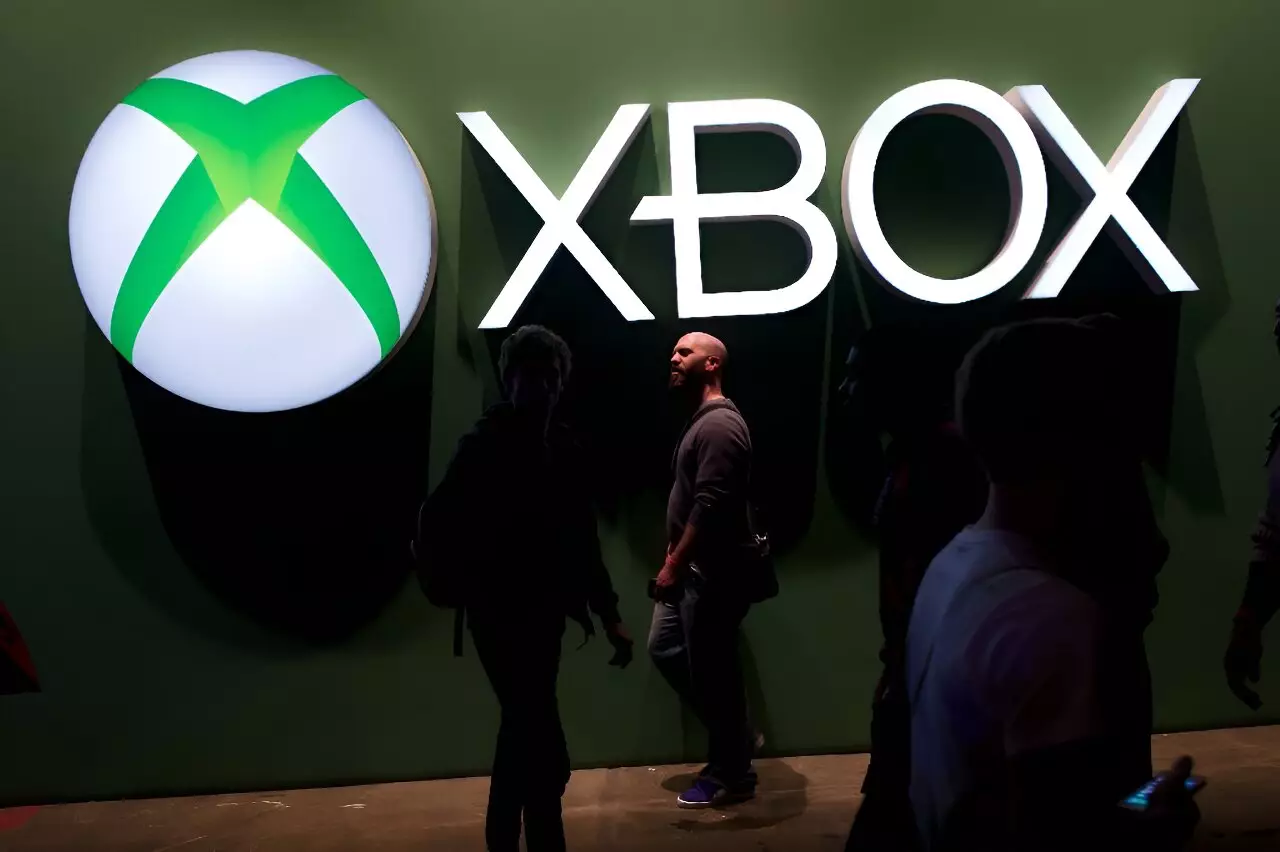In a move that has sent ripples through the video game industry, Microsoft has announced a further reduction of approximately 650 jobs within its gaming division. This decision comes in the wake of the company’s monumental acquisition of Activision Blizzard for $69 billion, a strategic maneuver that has raised questions about sustainability and the future direction of the gaming market. While the restructuring aims to position Microsoft for future success, the immediate fallout for employees is stark.
Phil Spencer, the head of Microsoft’s gaming sector, communicated the rationale behind the layoffs in a memo to staff, describing the changes as challenging but necessary. He emphasized a need to streamline operations and create a more efficient organizational structure following the integration of Activision Blizzard. Spencer’s assertion that these moves are essential for long-term success raises inevitable concerns about the human cost of corporate strategies and the broader implications for job stability in the tech sector.
The layoffs have sparked outrage from various quarters, with the Communications Workers of America (CWA) expressing dismay at the ongoing trend of job cuts in gaming companies. Samuel Cooper, a senior producer at World of Warcraft and CWA member, described the situation as “heartless,” underscoring a growing sentiment that such layoffs may be becoming distressingly common. This discontent is not unique to Microsoft; it mirrors similar announcements across other gaming firms, creating a narrative of insecurity within the industry.
The layoffs at Microsoft are part of a broader trend that has seen the technology sector shed a staggering number of jobs in recent years. In January 2023, Microsoft already cut 1,900 positions—an action taken as the company sought to rationalize its operations post-Acquisition. Moreover, data from layoffs.fyi indicates that the tech industry has experienced a drastic elimination of talent, tallying over 136,000 job losses in 2023 alone. This alarming context raises questions about workforce management strategies within major corporations and the potential long-term implications for the industry.
Despite the cuts, Spencer reassured employees that no games or development studios would be closed as a result of the reorganization. This promise might provide some reprieve, but the underlying anxiety about job security remains palpable. The video game industry is in a state of flux, with consolidation becoming increasingly common as companies position themselves against intensified competition. The potential for future layoffs looms large, creating an uneasy atmosphere for employees dedicated to their craft but vulnerable to the whims of corporate decision-making.
Microsoft’s recent layoffs serve as a sobering reminder of the volatile nature of the tech and gaming industries. As companies continue to prioritize shareholder value and operational efficiency, the impact on individual employees cannot be overlooked. The dialogue around job security and workforce treatment must evolve alongside these shifting corporate landscapes, as the consequences of such decisions resonate far beyond financial statements. The gaming community deserves thoughtful consideration and support as it navigates these turbulent waters.


Leave a Reply